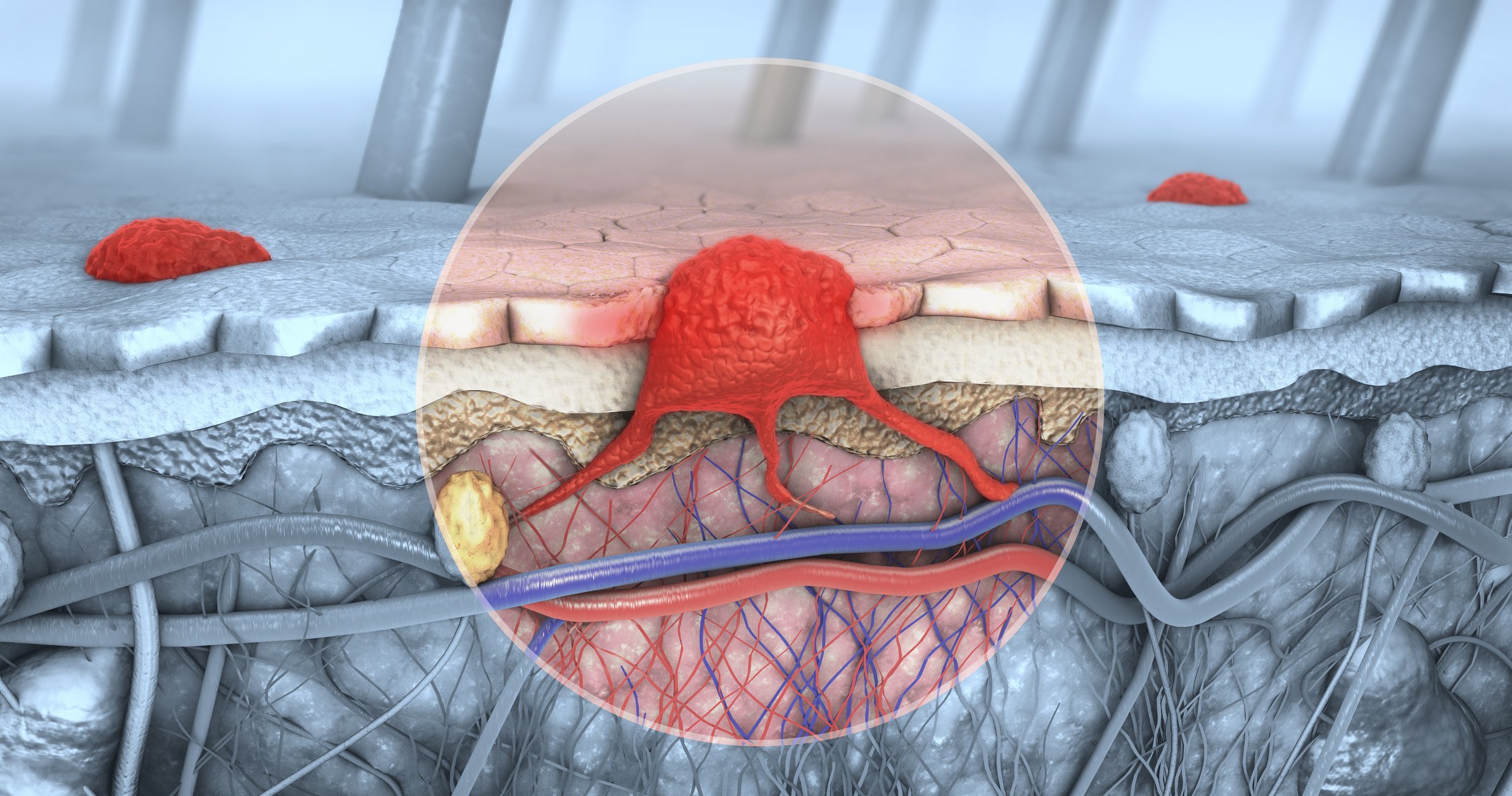The field of Alzheimer’s diagnostics and therapy has become one of the most exciting areas of medical research in recent years. It was only 15 years ago that molecular imaging with amyloid PET scans first provided the ability to detect Alzheimer’s disease pathology in living humans. There is growing evidence that monoclonal antibodies that remove amyloid plaques appear to slow cognitive decline. Unfortunately, these treatments are also associated with ARIA, including brain swelling and brain hemorrhage. This phenomenon and other issues were the focus of the CTAD Congress.
Recent advances in the development of novel measurement techniques for amyloid, tau, and neurodegeneration in Alzheimer’s disease (AD), and neurodegeneration in blood have opened the possibility of tracking the effects of drugs in AD clinical trials. The discoveries of tau species in brain, CSF, and blood, such as specific phospho-tau (p-tau) and truncated species including the microtubule binding region (MTBR), have greatly expanded the understanding of tau biology, target development, and drug effect tracking. Long-term changes in Aβ, tau, and neurofilament light chain (NfL) previously measured in CSF can now be accurately measured in blood. This allows not only for the study and enrollment of much larger and more diverse populations, but also for the design of secondary and primary prevention studies and the measurement of drug effects. These advances promise to accelerate the development of treatments and prevention measures for Alzheimer’s disease.
One study analyzed blood plasma measurements of Aβ42/40, multiple p-tau species, and NfL in sporadic AD and dominantly inherited AD cohorts and determined concordance with CSF, amyloid, and amyloid and tau aggregation measurements by positron emission tomography (PET) scans and clinical and cognitive measurements in local and international clinical cohorts [1]. Some of these measurements have also been used to measure the effect of plaque-removing drugs. The results show that the Aβ42/Aβ40 ratio in CSF and blood plasma ratio and the phosphorylation of certain tau species (e.g., p-tau217, p-tau181) in amyloid plaques decrease in mirror image under antiamyloid treatment. In addition, the CSF results suggest that quantitative measurements of tau aggregation can be made with specific tau MTBR fragment species, so that the effects of tau aggregation can be followed separately from amyloid effects. The results show that biomarkers for detecting soluble or aggregated amyloid and now tau aggregation are highly accurate measures of brain amyloidosis, tauopathy, and neurodegeneration. The use of these new biomarkers may enable larger and more diverse AD studies and improve the understanding of drug effects on pathophysiology in clinical trials.
Stopping MCI through physical activity?
Can physical activity influence cognitive decline in patients with mild cognitive impairment (MCI)? Current research suggests that the degradation itself probably cannot be stopped by exercise. However, it has a positive influence on cognition. In one study, 296 MCI patients were enrolled [2]. Divided into two groups, 148 patients each completed aerobic exercise for 30-40 minutes four times a week, while the others completed stretching, balance and mobility exercises for 30-40 minutes four times a week. Specially trained employees motivated the participants to exercise, so that they completed more than 31,000 training units within 12 months. Regarding the primary endpoint – scores on the ADAS-Cog-Exec, a version of the Alzheimer’s Disease Assessment Scale-Cognitive Subscale developed for this study – there was no worsening from baseline in either group at six or 12 months. Even after adjustment for covariates, there was no group difference. However, there was also no deterioration in cognitive ability from baseline to month 12 in either group. In contrast, cognitive decline occurred in a comparison group of participants who received usual care and were monitored by the Alzheimer’s Disease Neuroimaging Initiative . The differences between the study groups and the corresponding groups with usual care were statistically significant. These results suggest that regular assisted exercise of at least 120 to 150 minutes (2 to 2.5 hours) per week, may increase resilience to cognitive decline and mild cognitive impairment.
Development of new vaccines
As reported, tau deposition is a major pathological feature of AD and other neurodegenerative diseases. The spread of neurofibrillary tau tangles in specific brain regions has been linked to cognitive decline in Alzheimer’s disease. Extracellular phosphorylated tau (pTau) is thought to be involved in the spread of tau in the brain. Immunotherapy has the potential to impair the spread of tau neuropathology and prevent or reduce cognitive impairment. In particular, active vaccination targeting pTau species that trigger pathological aggregation represents an attractive strategy for long-term treatment and potentially prevention of AD and other tauopathies. The Phase 1b/2a clinical trial, NCT04445831, aims to evaluate two first-in-class anti-pTau vaccine candidates, ACI-35,030 (i.e. liposome-based) and JACI-35,054 (i.e. conjugate-based). This currently ongoing multicenter, double-blind, randomized, placebo-controlled trial is evaluating the safety, tolerability, and immunogenicity of different doses of two of two anti-pTau vaccines, ACI-35,030 and JACI-35,054, in patients with early Alzheimer’s disease [3].
Forty-one subjects were randomized to the 3 dose levels in Cohort 1 and 16 subjects were randomized to the 2 dose levels in Cohort 2. Both vaccines were considered safe and well tolerated, with no clinically relevant safety issues observed with the study vaccines at the time of abstract submission. Subjects vaccinated with liposomal vaccine ACI-35,030 showed a high, specific, and sustained anti-pTau and anti-ePHF IgG response, with an apparent dose-response observed between the low and medium doses with evidence of a switch in immunoglobulin class from IgM to IgG. Individual response rates were high and consistent, particularly for anti-pTau and ePHF antibodies. Over time, data show that the IgG response matures to a stronger preference for binding ePHF, the more pathological species, while at the same time antibody titers to the nonpathological, nonphosphorylated tau decrease. Subjects immunized with JACI-35,054 conjugate vaccine showed high anti-ePHF and anti-pTau IgG responses with no apparent dose effect between the low and medium doses. The IgG response exhibited a sustained binding ability, both to pTau and to the nonpathological, nonphosphorylated tau. For ACI-35,030, the IgG response of the subjects was relatively homogeneous and showed broad epitope coverage, as binding occurred across all pTau sequences tested and, most importantly, without terminal specificity or substantial binding to non-phosphorylated sequences. Subjects showed a more heterogeneous response with a highly disproportionate binding to terminal antibodies.
The clinical trial is running successfully and shows that vaccination with ACI-35,030 or JACI-35,054 is safe and well tolerated and elicits IgG responses to the immunizing peptide as well as to ePHF. However, overall, ACI-35,030 proves to be the better vaccine candidate in terms of response rate, number of vaccinations to reach initial antibody titer, homogeneity of antibodies, and antibody maturation against pathological forms of tau.
The role of biomarkers in plasma
Subjective cognitive decline (SCD) is known to be a risk for AD, but rates of cognitive decline vary depending on the underlying pathology. Therefore, a longitudinal observational study was planned to investigate baseline characteristics and biomarkers related to clinical outcome in elderly participants with SCD over 24 months. The study aimed to investigate whether SCD participants had different cognitive and biomarker trajectories depending on baseline amyloid deposition [4]. Participants were divided into two groups: SCD with amyloidosis and SCD without amyloidosis (global SUVR <1.391). Then, cognitive and atrophic changes during 24 months were compared between the two groups.
107 participants completed the study. Participants who completed follow-up (n=107) did not differ from participants who dropped out (n=13) on baseline characteristics except education. Baseline cognitive scores did not differ between groups except for SVLT scores for delayed recall. At 24 months, SVLT showed delayed memory scores, partial frontal executive testing, and more cognitive decline in Aβ-positive SCD participants. Baseline left entorhinal volume and global SUVR scores were relevant factors related to cognitive deterioration. In terms of neurodegenerative changes, hippocampal and left entorhinal atrophic changes were more severe in Aβ-positive SCD participants.
Congress: Clinical Trials on Alzheimer’s Disease (CTAD) Conference
Literature:
- Bateman R: Relationship between blood plasma and CSF measures of Aβ 42/40, tau, and NfL species for tracking drug effects in clinical trials of Alzheimer’s disease. S1, CTAD 2022.
- Cotman C, Feldman H, Lacroix A, et al.: Topline results of exert: Can exercise protect against cognitive decline in MCI? OC-12, CTAD 2022.
- Streffer J, Mermoud J, Sol O, et al.: ACI-35.030 and JACI-35.064, two novel antiphospho-Tau vaccines fort he treatment of Alzheimer’s disease: Interim Phase 1B/2A data on safety, tolerability and immunogenicitye. OC1, CTAD 2022.
- Hong YJ, Yang DW, Ho S, et al.: Impacts of amyloid burden on longitudinal cognitive declines in subjective cognitive decline: a prospective cohort study. P90, CTAD 2022.
InFo NEUROLOGIE & PSYCHIATRIE 2023; 21(1): 20–21











